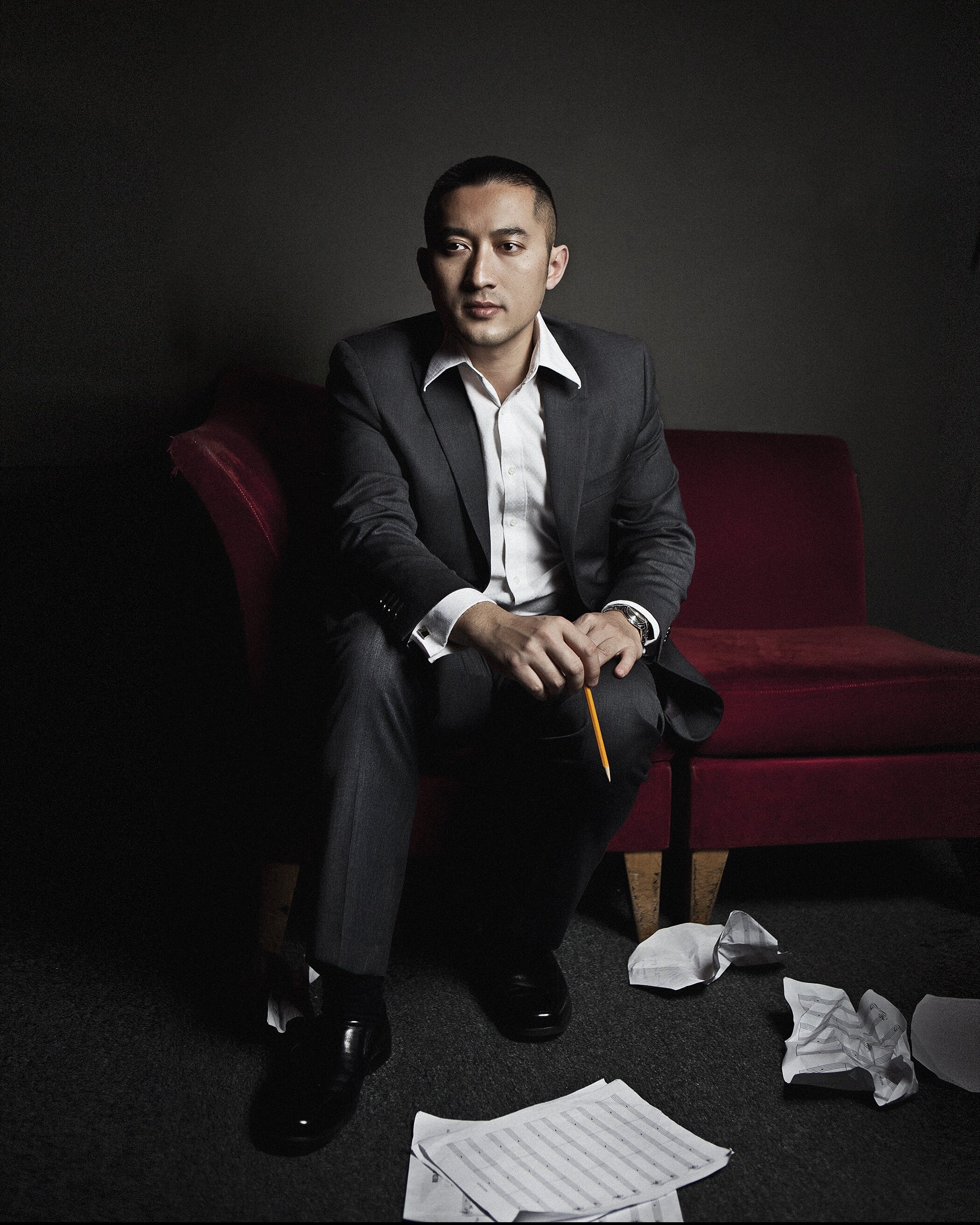
Huang Ruo
Composer-in-residence, China Now Music Festival
Composer Huang Ruo has been lauded by The New York Times for having “a distinctive style.” His vibrant and inventive musical voice draws equal inspiration from Chinese ancient and folk music, Western avant-garde, experimental, noise, natural and processed sound, rock, and jazz to create a seamless, organic integration using a compositional technique he calls “Dimensionalism.” Huang Ruo’s diverse compositional works span from orchestra, chamber music, opera, theater, and dance, to cross-genre, sound installation, architectural installation, multi-media, experimental improvisation, folk rock, and film. His music has been performed by the New York Philharmonic, Philadelphia Orchestra, Boston Symphony Orchestra, San Francisco Symphony, BBC Symphony Orchestra, Netherlands Radio Philharmonic, Santa Fe Opera, Washington National Opera, Houston Grand Opera, Opera Theatre of St. Louis, Asko/Schoenberg, Ensemble Modern, London Sinfonietta. He has written 8 operas including M. BUTTERFLY, PARADISE INTERRUPTED, and AN AMERICAN SOLDIER, which was named one of the best classical music events in 2018 by The New York Times. He served as the first composer-in-residence for Het Concertgebouw Amsterdam. Huang Ruo was born in Hainan Island, China in 1976 - the year the Chinese Cultural Revolution ended. Growing up in the 1980s and 1990s when China was opening its gate to the Western world, his education expanded from Bach, Mozart, Stravinsky, and Lutoslawski, to include the Beatles, rock and roll, heavy metal, and jazz. He earned a BM degree from the Oberlin College, and MM and DMA degrees from the Juilliard School. Huang Ruo is a composition faculty at the Mannes School of Music. Huang Ruo’s music is published by Ricordi. (www.huangruo.com)
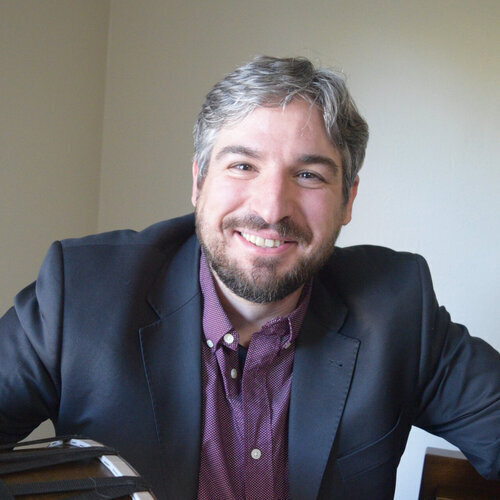
Erberk Eryilmaz
Composer and performer Erberk Eryılmaz is recognized for bringing the energy of Turkish folk music to the concert stage with a creative and dramatic approach. His compositions have been performed at Carnegie Hall, Sydney Opera House, and the National Museum of Fine Arts in Havana, Cuba. His work, "Was her face the moon or sunlight?", as part of the Moon Arts Project, is expected to be sent to the moon in 2021. He is co-director of Hoppa Project which aims to promote music from Eastern Europe and the Middle East by performing the music of the region with a wide range of styles from folk to newly commissioned contemporary music. erberkeryilmaz.com
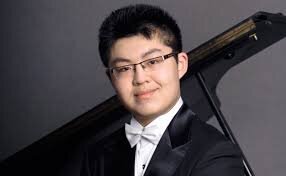
Peng-Peng Gong
Born in 1992, Chinese composer and pianist Peng-Peng Gong has completed ten symphonies as of 2018 and is currently in his fourth season as Resident Composer for the Shanghai Philharmonic Orchestra. His ninth symphony inaugurated the 19th Shanghai International Arts Festival while his tenth was co-commissioned and premiered by the Philadelphia Orchestra. Having won national competitions in China, he began his professional path in 2003 while studying at the Juilliard School’s Pre-College Division with pianist Yoheved Kaplinsky and composer Andrew Thomas. He graduated from the Juilliard School in 2014 and signed with the prestigious Opus 3 Artists agency as a piano soloist, fulfilling solo and orchestral engagements until the age of fifteen, when the emotional blow from China’s 2008 Sichuan Great Earthquake moved him to abandon his early performing career and devote himself completely to composition. His first symphony, a requiem completed three months after the earthquake, was his first work to be issued by Lauren Keiser Music Publishing, with which he has an exclusive contract. He returned to study at Juilliard’s composition department with Samuel Adler, won eight consecutive ASCAP Morton Gould Awards, and was appointed Composer-in-Residence for the Shanghai Philharmonic Orchestra in 2014. Every season since, he has produced a full concert of new works to popular and critical acclaim.
Peng-Peng adopts a tonal and neo-romantic style inspired by his longtime passion and expertise for the Late-Romantic legacy. His current oeuvre, in addition to the ten symphonies, includes an oratorio, three piano concerti, a viola concerto, chamber music, solo piano music, and other orchestral pieces. He made his film-scoring debut for renowned author Liu Zhenyun’s novel-adopted dramatic film, Someone to Talk To (2015). In 2018, he was awarded a May-First Labor’s Medal from the Shanghai Federation of Trade Unions as an official recognition of his contributions to the city’s cultural life.
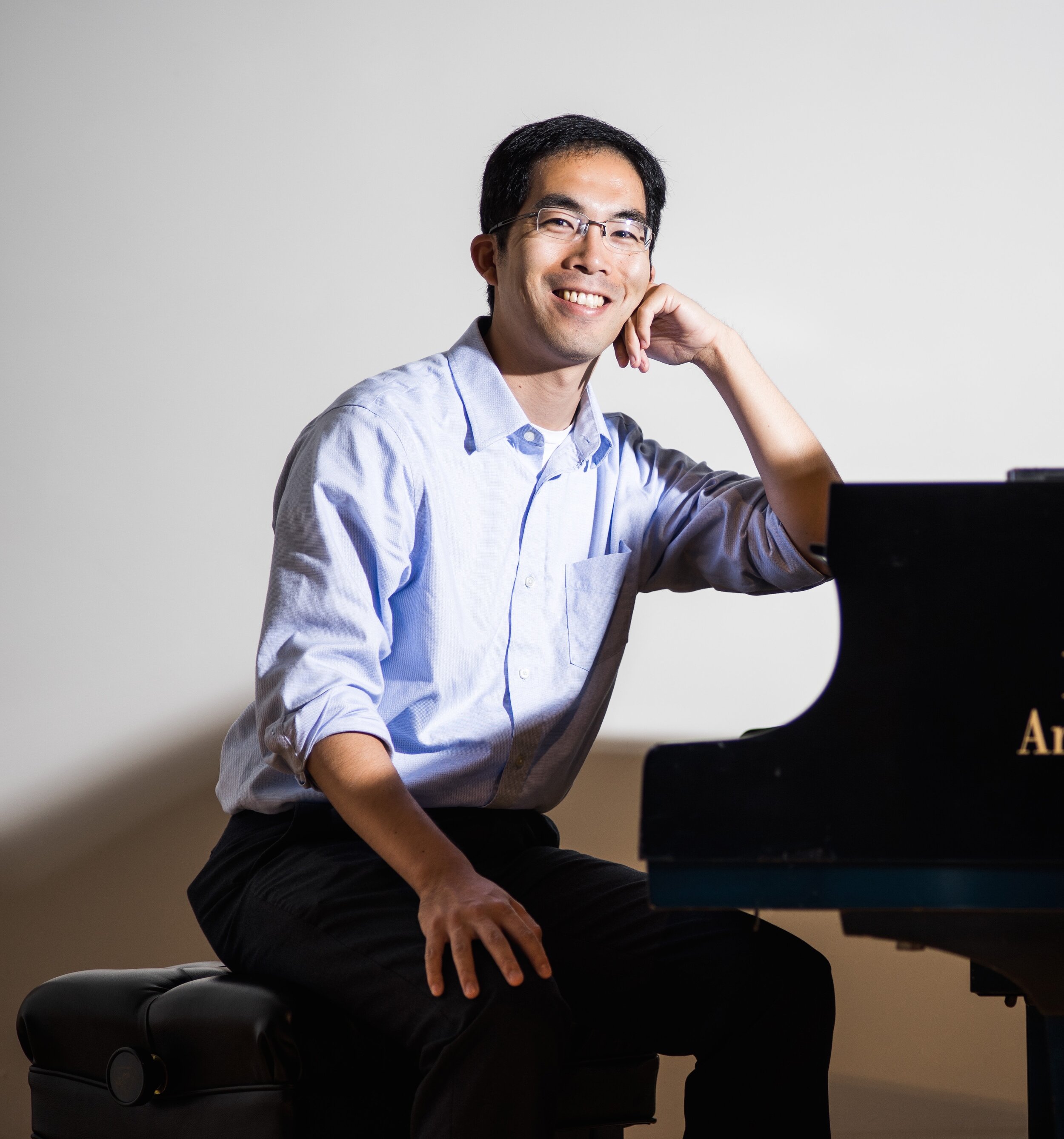
Takuma Itoh
Takuma Itoh’s music has been described as “brashly youthful and fresh” (New York Times), and has been featured amongst one of “100 Composers Under 40” on WQXR. In 2018, Itoh was instrumental in creating an innovative education program, Symphony of the Hawaiian Birds, which has since brought over 10,000 young students to hear new orchestral compositions alongside original animations that raise awareness of Hawai‘i’s many endangered bird species. Other recent highlights include a work for Invoke (string quartet with ‘ukulele doubling) American Postcards: Picture Brides (Hawaii 1908-1924) that used photographs collected by historian Barbara Kawakami to tell the story of the first Japanese women immigrants who came to Hawai‘i; Faded Aura for Hub New Music and shakuhachi player Kojiro Umezaki, which was performed around Japan on a tour with the Asia American New Music Institute; a collaboration with the American Wild Ensemble for their tour of Hawai‘i, including a performance at the Hawai‘i Volcanoes National Park; and a work for the Del Sol Quartet as part of The Joy Project intended to be performed outdoors where the audience can enjoy while social distancing.
In addition, he has been the recipient of the Barlow Endowment general commission, Music Alive: New Partnerships grant with the Tucson Symphony, the Chamber Music America Classical Commission, the ASCAP/CBDNA Frederick Fennell Prize, six ASCAP Morton Gould Young Composer Awards, and the Leo Kaplan Award. Upcoming commissions include works for the Albany Symphony and the Hawai‘i Symphony.
Itoh is an Associate Professor of Music at the University of Hawai‘i at Mānoa, where he has taught since 2012. He holds degrees from Cornell University, University of Michigan, and Rice University.

Vijay Iyer
Composer-pianist VIJAY IYER (pronounced “VID-jay EYE-yer”) has carved out a unique path as an influential, prolific, shape-shifting presence in modern music. He was described by Pitchfork as "one of the best in the world at what he does," by the Los Angeles Weekly as “a boundless and deeply important young star,” by the New York Times as a “social conscience, multimedia collaborator, system builder, rhapsodist, historical thinker and multicultural gateway,” and by Minnesota Public Radio as “an American treasure.” A musical innovator, an active collaborator, and a member of multiple artistic communities, Iyer continues to reimagine the role of the musician in the 21st century. Iyer’s Uneasy, a trio recording made with his friends and collaborators Linda May Han Oh on bass and Tyshawn Sorey on drums, was released by ECM in April 2021 to wide acclaim, the Boston Globe calling it “extraordinary,” and noting it as “another entry in Iyer’s extensive oeuvre, reaffirming his status as one of the most creative figures in improvised music.”
Iyer has been voted DownBeat Magazine's Artist of the Year four times - in 2018, 2016, 2015 and 2012 - and Artist of the Year in Jazz Times' Critics' and Readers' Polls for 2017. Iyer was named a 2017 United States Artists Fellow, a 2013 MacArthur Fellow, and a 2012 Doris Duke Performing Artist. He holds a lifetime appointment as the Franklin D. and Florence Rosenblatt Professor of the Arts at Harvard University, with a joint affiliation with the Department of Music and the Department of African and African American Studies.
Learn more at https://vijay-iyer.com
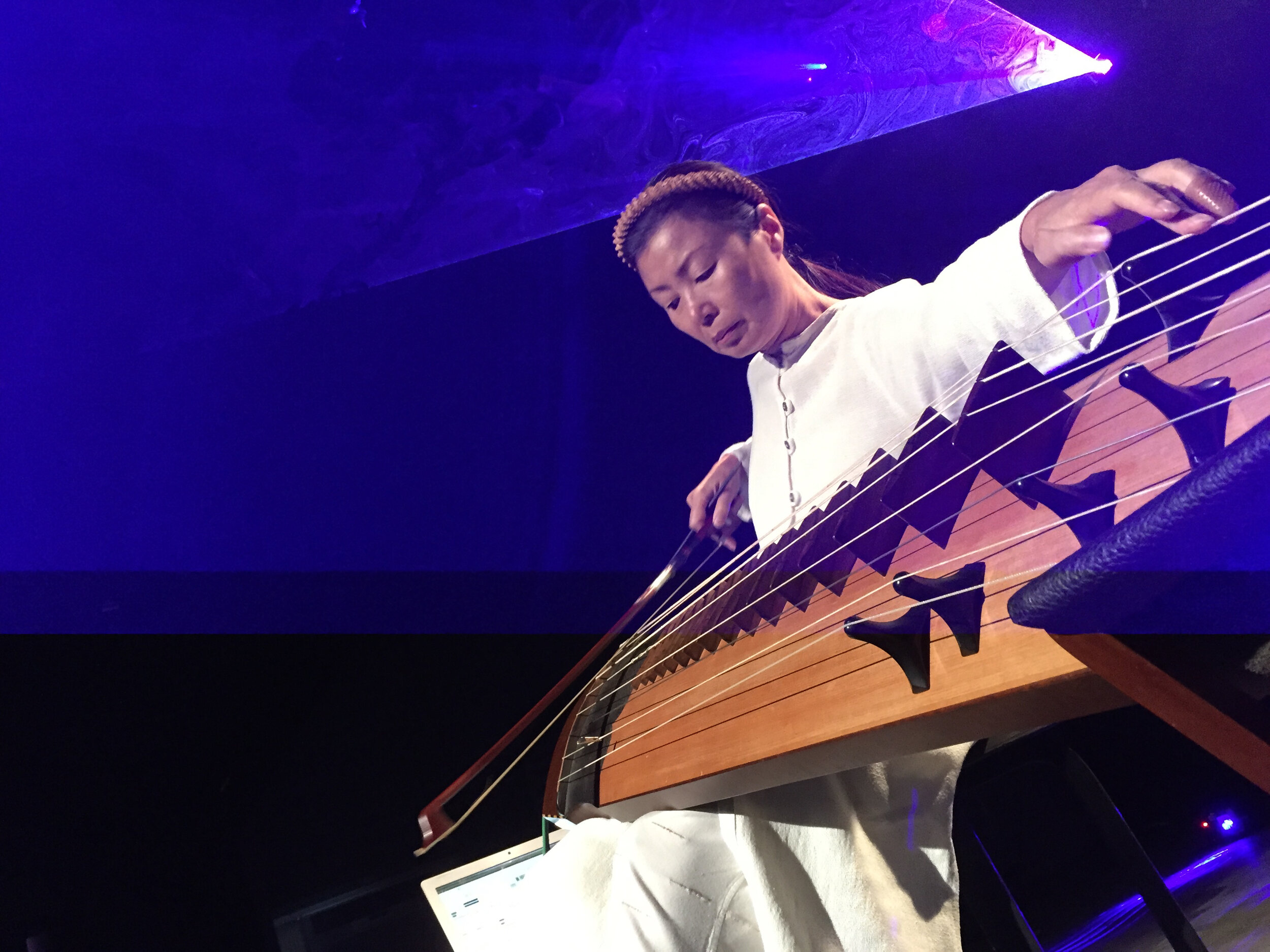
Jin Hi Kim
Jin Hi Kim, a Guggenheim composer fellow and innovative komungo performer, co-designed the world’s only electric komungo with custom designed computer programs. Her work reflects the duality of her ancient Korean roots and contemporary American society with interdisciplinary works merging Asian mythology and advanced Western technology. The Washington Post wrote, “Her unique vision blends science fiction images, state-of-the-art technology, ancient mythology and timeless music and dance traditions. No other artist is doing work quite like this, and she does it with superb style."
In recent years she has created works with deep concerns about political, environmental, and social issues impacting our lives. Responding to American wars in Asia, she has composed “One Sky II” for Orchestra, dedicated to the reunification of Korea (2018) and “Child of War” for Chorus, dedicated to Kim Phuc who is known as ‘the girl in the picture’ during the Vietnam War (2014). She created “Sound Calendar of the Year 2018” documenting sounds and mix of the year’s environmental catastrophes, and “A Ritual for Covid-19” attempting to heal the epochal year of 2020.
Kim has received Award from the Foundation for Contemporary Arts and won the Wolff Ebermann Prize at the International Theater Institute, Germany. She was Fulbright Specialist to Vietnam, and McKnight Visiting Composer with the American Composers Forum. She is a recipient of the National Endowment for the Arts, American Composers Orchestra fellowship as well as fellowships from the Rockefeller Foundation Bellagio Center, Italy, Asian Cultural Council, and Freeman Artist-In-Residence at Cornell University. She is Adjunct Professor of Music at Wesleyan University.
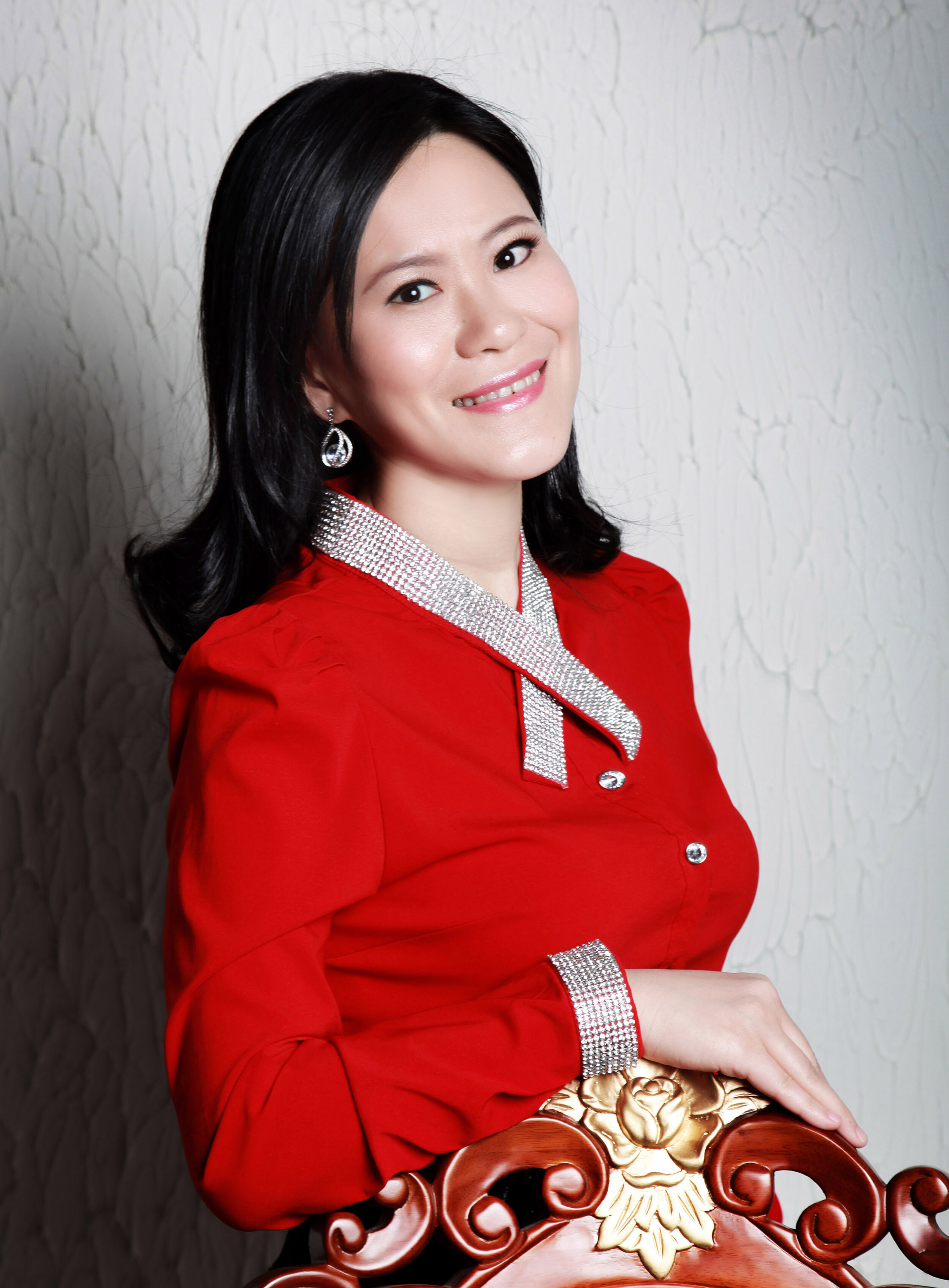
Xinyan Li
Dr. Xinyan Li is a Visiting Professor of Music at the US-China Music Institute of the Bard College Conservatory of Music. She teaches in the Literature and Language of Chinese Music sequence including Chinese Instrumental Music and Chinese Folk Music. This summer, she taught a Chinese Music Styles Composition Workshop that was open internationally, and included 12 undergraduate and graduate students as well as masters from the Bard Conservatory of Music, Longy School of Music, UMKC Conservatory, Boston Conservatory at Berklee, Bowling Green State University in the U.S., Royal Northern College of Music in the U.K., and Queensland Conservatorium Griffith University in Australia.
Dr. Xinyan Li’s music works have been featured at Aspen Music Festival, Carnegie Hall, National Opera Center, Composers Now Festival, Music Mountain Festival, Beijing International Chamber Music Festival, IDRS Annual Conference, Thailand International Composition Festival, and China’s National Center for the Performing Arts. She was invited twice as a visiting composer by Aspen Music Festival; her interview and six works have been broadcasted by Sweden’s national radio—Sveriges Radio. Her wind quintet Mo Suo’s Burial Ceremony was released by Albany Records. Her music has been performed by musicians of Eighth Blackbird, PRISM Quartet, American Composers Orchestra, Bergen Woodwind Quintet, Cassatt String Quartet, as well as principal musicians of Philadelphia, Baltimore, Detroit, St. Louis, Montreal, Bergen Orchestras and Danish Chamber Orchestra. Her awards include ASCAP Morton Gould Young Composer Award, American Composers Orchestra New Music Readings, Tsang-Houei Hsu International Music Composition Award, IDRS Conference 2016 Schwob Prize in Composition, and LunArt Festival Call for Scores. Rooted in Chinese music and culture, her works written for Chinese instruments have been performed by virtuosos Zhihou Hu, Zhang Qiang, Zhou Yi, Shenshen Zhang, Guowei Wang, Chen Yue, Huang Mei, as well as Beijing Opera actress Zhu Hong and actor Qingxian Liu.
Dr. Xinyan Li received her doctoral degree in composition at University of Missouri-Kansas City Conservatory of Music and Dance. She earned her bachelor’s and master’s degrees at China Conservatory of Music in composition and music theory. She has conducted field research on Chinese folk songs, folk chorus, and ethnic instrumental music of various minorities such as Dong, Miao, and Mongolian. She has also extensively studied roles, singing styles, and instrumental music of Beijing Opera. As a pianist, she has 12 years’ experience in playing improvisational piano accompaniment.

Erika Oba
Berkeley-based Erika Oba is a composer, pianist/flutist, and educator. As a composer she has written works for big band, small jazz ensembles, chamber groups, dance and theater. She is active as a performer on both piano and flute, and is a member of the Montclair Women’s Big Band, Ends Meat’ Catastrophe Jazz Ensemble, electro-jazz duo Rice Kings, and The Sl(e)ight Ensemble. She has worked as a dance accompanist for Mills College and Berkeley Ballet Theater, and is currently a resident music director with Berkeley Playhouse’s Youth Conservatory Program. In addition to her own private teaching studio, she is a private jazz piano instructor for UC Berkeley’s Music Department. Erikaoba.com
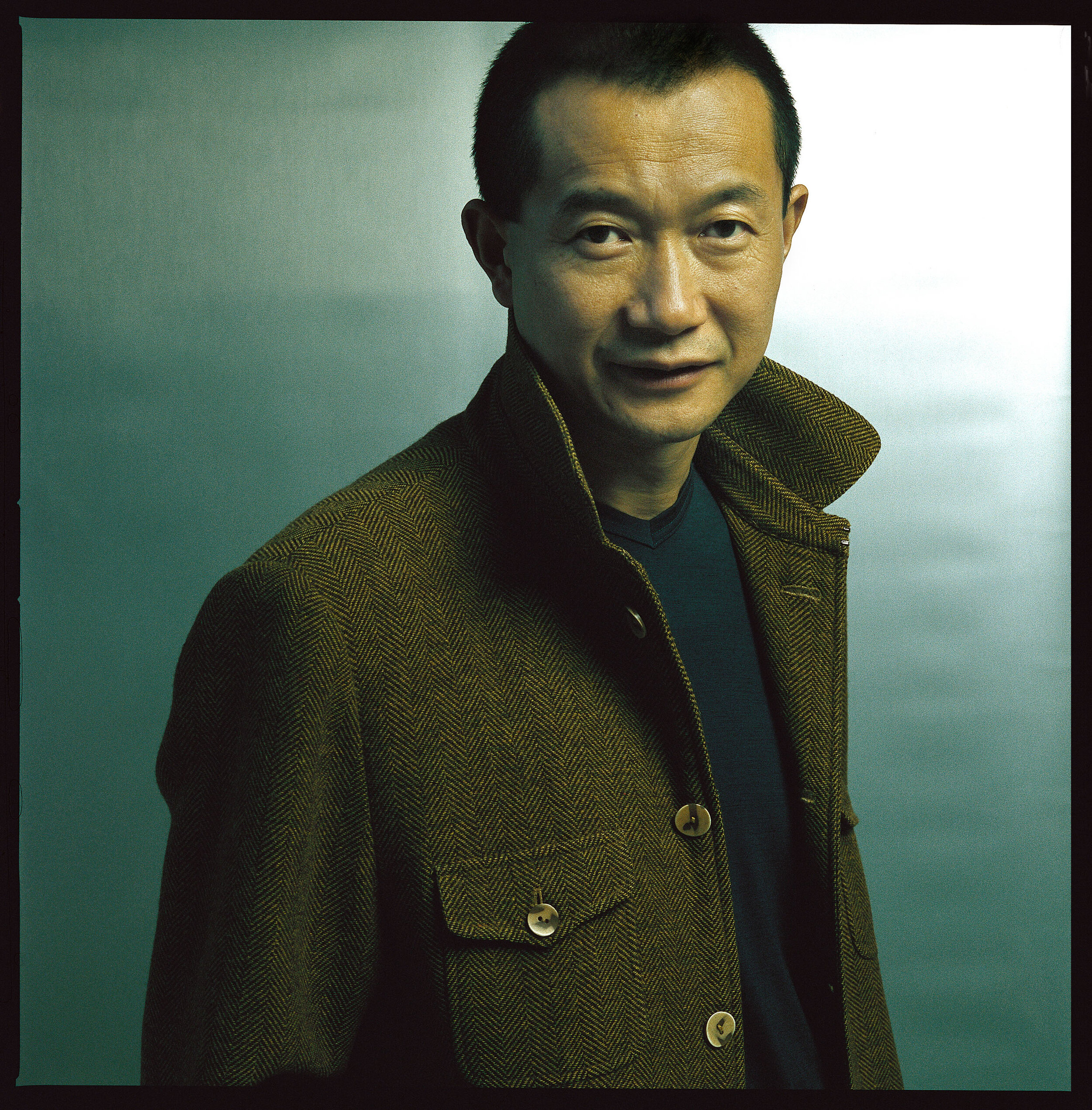
Tan Dun
Dean, Bard College Conservatory of Music
The world-renowned artist and UNESCO Global Goodwill Ambassador Tan Dun, has made an indelible mark on the world’s music scene with a creative repertoire that spans the boundaries of classical music, multimedia performance, and Eastern and Western traditions. A winner of today’s most prestigious honors including the Grammy Award, Oscar/Academy Award, Grawemeyer Award, Bach Prize, Shostakovich Award, and most recently Italy’s Golden Lion Award for Lifetime Achievement, Tan Dun’s music has been played throughout the world by leading orchestras, opera houses, international festivals, and on radio and television. In 2019, Tan Dun was appointed dean of the Bard College Conservatory of Music. As dean, Tan Dun will further demonstrate music’s extraordinary ability to transform lives and guide the Conservatory in fulfilling its mission of understanding music’s connection to history, art, culture, and society. Read more at http://tandun.com
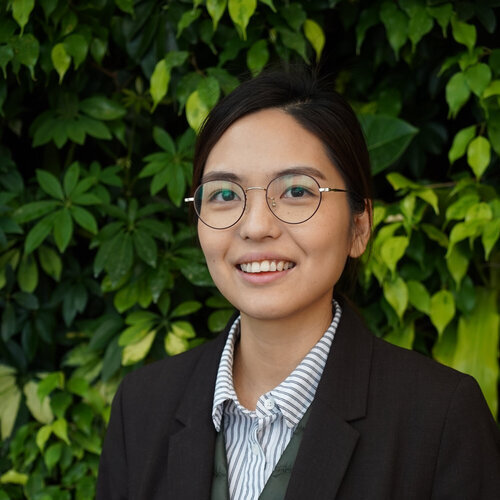
Jungyoon Wie
Born in Seoul, South Korea, Jungyoon Wie is a composer, educator, pianist, and producer. Themes of identity have been the center of her compositional journey, and her current research involves creating a short film in collaboration with filmmaker Toko Shiiki, dancers Rie Kim and Jun Wakabayashi, and Converge String Quartet which explores shifting dynamics of identity, otherness, and the marginalized experience of women. This film highlights a string quartet by Ms. Wie, han, which uses Korean, folk, traditional, European, American, and contemporary expressive modalities. jungyoonwie.com/










